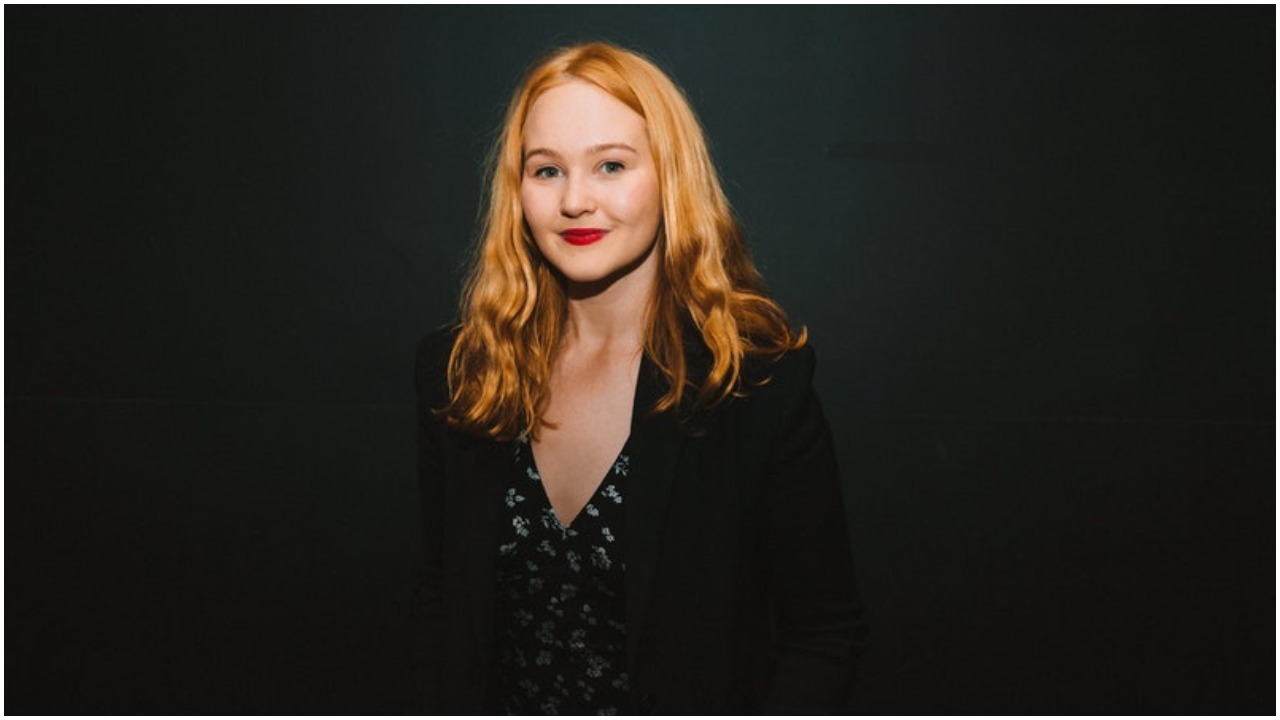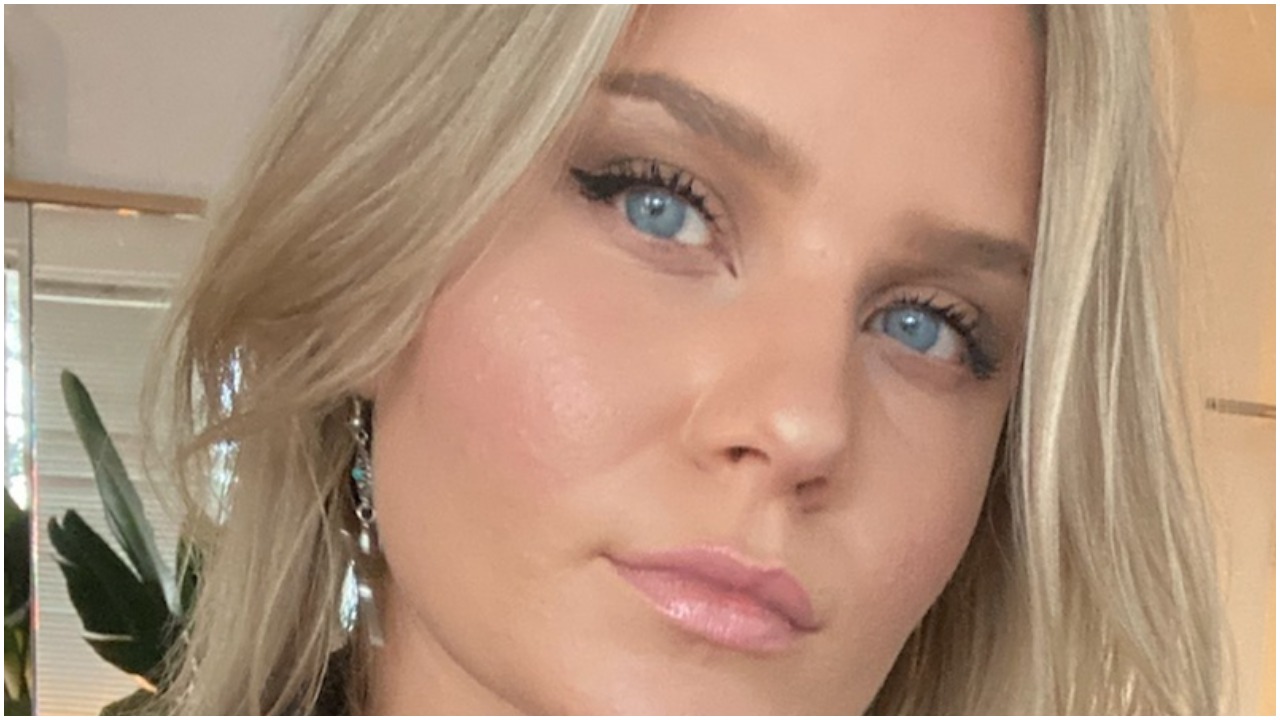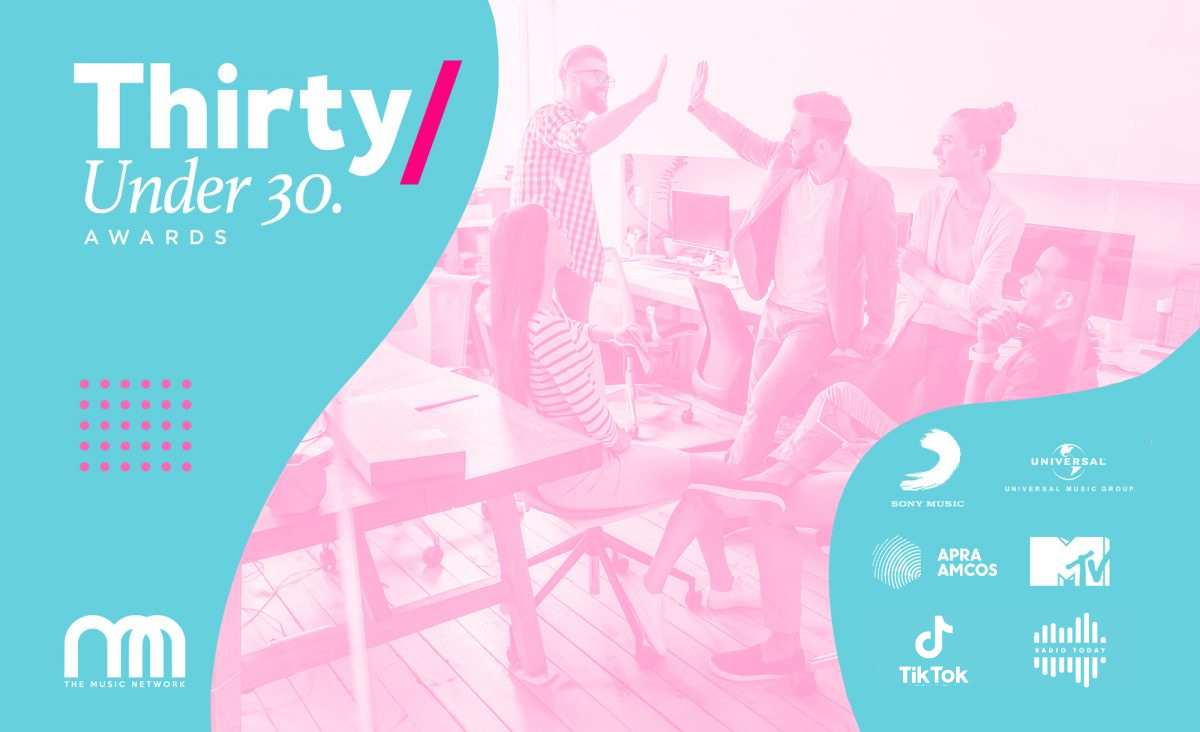TMN 30 Under 30: Winners reveal their ambitions for a bigger, better & bolder industry

Josh Lane, Larissa Ryan and Lauren Mikkor have all been through so much in the music industry, and achieved such significant personal and professional milestones, that, frankly, it’s hard to believe they’re all young enough to qualify for TMN’s 30 Under 30 (spoiler alert: they are).
Given the depth and breadth of their experiences, it’s no surprise they have big and bold ideas for what the industry could and should look like.
Read on to see how much these future industry leaders have already done, and just how much more they could effect change.
Josh Lane, Four Tone Artists

Like many who work in the music industry, Josh Lane’s passion and career ramped up when he began pursuing his own musical endeavours as a musician. His band, Lurch & Chief, received support from triple j and signed a label deal with Mushroom’s Illusive Sounds before going on to tour and play at major festivals.
“The perspective I gained through first-hand experience as a touring musician in this country has had a profound impact on the way I represent the interests of my roster,” he says.
He’s since completed a Bachelor of Arts: Music Industry, interned at Mushroom, worked as a tour co-ordinator and agent for Premier Artists and had a stint at 123 Agency.
Now, he is the co-founder and senior agent at Four Tone Artists, which has a partnership with Universal Music Australia.
His time across various aspects of the industry has exposed him to some of the best leaders it has to offer, as well as offering a close-up view of traits and behaviours he’d like to avoid, he says.
But what are the biggest challenges facing the music industry, according to Josh?
“The impact of COVID-19 has created a huge wave of new challenges for the music industry, while also increasing the pressure of challenges that existed before the pandemic.
“Not only do we need to rebuild the live touring industry after the constant lockdowns and border closures of the past 12 months, but we need to then re-establish a regular calendar of tentpole events and consistent venue capacities to best allow for long-term strategic planning.
“Beyond this, the matter of artists regaining momentum that they had established and planned prior to the pandemic and having that still shine through in a particularly crowded and competitive live space is a challenge the industry has never faced before.
“As a result of all of these new issues, we are also presented with the challenge to not lose any of the positive ground the industry was making prior to the pandemic, specifically in relation to diverse representation across festival and event line-ups.
“This important issue was a priority topic of conversation and we were starting to see some very real positive change by the beginning of 2020. It is important that line-up curators do not lose sight of this while they find their footing again in the post-pandemic live music landscape. As challenging as it is to get events up and running in a COVID-Safe environment, simply booking a small handful of non-male, non-white or non-cis artists in the early spots is no more acceptable now than it was in 2019.
“All of these challenges are being faced by an industry who have come out of an unprecedented time of change, uncertainty and financial stress, so above all else, we need to look after our collective mental health and remember that we’re ultimately part of the same musical ecosystem and all in this together.”
Larissa Ryan, Hutch Collective

Larissa Ryan doesn’t think small when it comes to her career or the wider music industry.
“My dream is to make the world a better place through meaningful contributions to pop culture,” she says.
That’s not a simple ambition – but Ryan is talking the talk and walking the walk.
She’s a proud Wamba Wamba (or Wemba Wemba) woman of the Gourrmyanjuk clan, and is often called the “glue” as she brings people together.
A lot of the music industry’s issues, she says, stem from wider societal and environmental challenges, and our sense of disconnection.
“I am empowered by the role music plays in the highs and lows of our world,” she adds.
“I am allowing myself to be more visible because I realise doing so helps others see it is possible to play a role in designing and influencing mainstream culture.
“I care deeply and act on it. I see music as one of the languages that can communicate deeply with the world. A language that helps us connect and understand each other better.”
Ryan currently manages Odette and is the director and co-founder of Hutch Collective, and says professional success for her has many branches, including commercial viability and making the world a better place.
“Helping drive more First Nations and multicultural representation behind the scenes in the creative industries. To champion people and messages with undeniable substance. To help people feel less alone by inspiring connection through music,” she adds of her other ambitions.
“It sounds serious, but life has so much joy and grit to it, and good music makes it more dynamic and full.”
But what are the biggest challenges facing the music industry, according to Larissa?
“Some challenges include:
- A big wave of knowledge and expertise is leaving the industry due to an unsustainable business environment.
- No centralised body to lobby for the commercial creative industries.
- We live in a culture obsessed with looking and acting young. When we curate based on age, instead of focusing on the freshness of ideas, interests and concepts, we set unrealistic expectations for young people.
- The business ecosystem needs rejuvenating to make sure all pillars are commercially viable. We are encouraged to exploit talent, yet many people who should be thriving live below the poverty line to be in this industry.
- We need to rebuild old touring routes and make it easier to access and engage regional areas.
- We need to design new pathways to connect with everyday people in this country.
- We need more tastemakers and content curators in a position to champion local creators.
- We need more diversity and different perspectives behind the scenes in the industry.
- We need to remove unnecessary roadblocks into this industry.
- We need multicultural representation in mainstream pop culture.”
Lauren Mikkor, Post Modern Collective

Reading Lauren Mikkor’s resume can feel like she’s already done it all. Public relations. Festival marketing. Music writing. Brand partnerships. Artist management. That’s a lot to squeeze in for someone who’s just 27.
Plus she’s been on panels and podcasts, created a charity initiative and lived and worked abroad.
It’s been worth it, but not always easy, she says.
“As a female in music – that has worked in the industry since the age of 17 and worked incredibly hard to get where I am – I have been subjected to the issues around equality in music and can understand how incredibly hard it is as a woman. We need to do double the work, and half the mistakes to be given the same opportunities or repercussions as men – so I strongly believe as females, it’s now more important than ever to work together to create a safe, equal and exciting environment and industry for young girls looking to work in music to enter and I want to ensure I work to give those opportunities to those that are looking to work in music, and they have great female role models to look up to,” she says.
This ideal also translates into how she looks after herself and her visions for her own success.
She wants her artists to succeed. She wants a business that aligns with her morals. She wants to be surrounded by powerful and empowering people and help others feel the same. But all this must be backed up by a solid health and moral foundation.
“Professional success is… most importantly living out my own dreams of being a manager of successful artists, whilst not compromising my own health or sanity, allowing time to see my family and friends, and have enough boundaries to have a life that’s separate to work – which we all know is a very difficult balance to strike in this industry, but maybe the most important lesson we have taken from the last year,” she says.
But what are the biggest challenges facing the music industry, according to Lauren?
- “The uncertainty of COVID
“It is no secret that even though things are back to ‘somewhat’ normal throughout the industry, the recent cancellations of festivals over minor outbreaks has created such a feeling of unease amongst the whole music business – numerous conversations each week reveal peers and industry workers of all levels have the same thought pattern ‘Is this worth it?’
“It’s become even more apparent than ever how interlinked the industry is, and how much we all need to work together to ensure we have strength-in-numbers when things go bad, and are continuously working to support each other, and have quick solutions to how we can move faster and more efficiently through uncertain times.
- “Work life balance & mental health
“I think there are some amazing conversations happening already – however I would like to see more of this at a higher level. Now that work and life is starting to go back to normal, much of the industry is still understaffed, working to make up lost income, yet working at 150% capacity. I believe while this is necessary, and many of us are more than happy to be working full time again, there needs to be more conversations, more support, more industry meets, more action from industry leaders to create environments for staff/artists/managers/tour teams etc. to feel safe to discuss burnout and mental health issues with no repercussions.
“With the lessons we all learnt from COVID and lockdowns to not implement them now would be a greatly missed opportunity.
- “Equality in music
“People in positions of power have an incredible opportunity right now while the industry is in a state of disarray – to create cultures and companies that are progressive, innovative, equal, and take an active, loud, and significant step in the right direction, rather than knee jerk reactions to being ‘called out’.”































